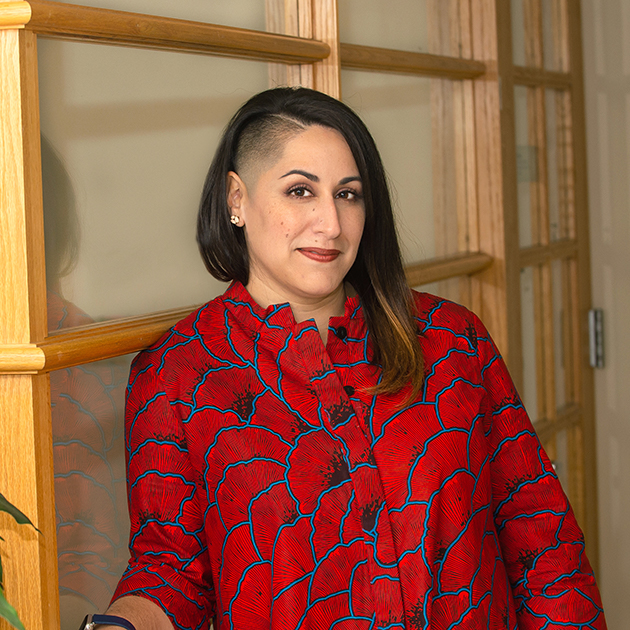
Wellbeing Connections with Dr. Chugani - June 09
June 09, 2021 Written by Dr. Carla Chugani
 Wellbeing Connections with Dr. Carla is a weekly blog post written by Dr. Carla Chugani, an Assistant Professor of Pediatrics at the University of Pittsburgh. At the beginning of the pandemic, Dr. Chugani (a therapist and mental health researcher with expertise in collegiate mental health) was asked to begin preparing weekly wellness emails for her division. These messages have since spread across her university and she is delighted to share them with the University of Delaware community. Her weekly messages are a mix of skills from evidence-based practices such as cognitive behavior therapy and dialectical behavior therapy, mindfulness practices, practical tips for solving everyday problems (e.g., email overload and zoom fatigue), and reactions to major world events. Overall, the goal of these messages is to provide weekly reminders to create space for wellbeing, self-care, and reflection.
Wellbeing Connections with Dr. Carla is a weekly blog post written by Dr. Carla Chugani, an Assistant Professor of Pediatrics at the University of Pittsburgh. At the beginning of the pandemic, Dr. Chugani (a therapist and mental health researcher with expertise in collegiate mental health) was asked to begin preparing weekly wellness emails for her division. These messages have since spread across her university and she is delighted to share them with the University of Delaware community. Her weekly messages are a mix of skills from evidence-based practices such as cognitive behavior therapy and dialectical behavior therapy, mindfulness practices, practical tips for solving everyday problems (e.g., email overload and zoom fatigue), and reactions to major world events. Overall, the goal of these messages is to provide weekly reminders to create space for wellbeing, self-care, and reflection.
Hi Everyone,
I've been thinking a lot about dialectical thinking, which is the ability to acknowledge and tolerate that conflicting truths often co-exist. For example, I am profoundly lucky to have a job that can be done from home, and, I am finding myself struggling emotionally at times. I am so glad that people are turning to me for help and guidance, and, I feel emotionally drained. I share this not to complain, but to emphasize the importance of allowing yourself to acknowledge, validate, and legitimize the full spectrum of your emotional experience right now. Remember not to let the things you are grateful for invalidate the challenges and struggles of your life.
When we experience uncomfortable emotions, we often react by building up a wall to keep that feeling out. Unfortunately, this "wall" usually has the opposite effect -- it holds our emotions in and we are stuck with them. To get unstuck from an emotion, let yourself just sit with it and experience it without doing anything to change the emotion - simply be present to your experience. You'll notice that the intensity of the emotion might rise and fall like waves. When you sit with the emotion, allowing yourself to experience it fully, you'll find that the emotion will recede, just like waves in the ocean. We cannot stop our emotions from coming, but we can learn to ride the waves.
Best,
Carla
PS - This message was originally sent on 4/8/20 and has been reposted today with minor edits.
